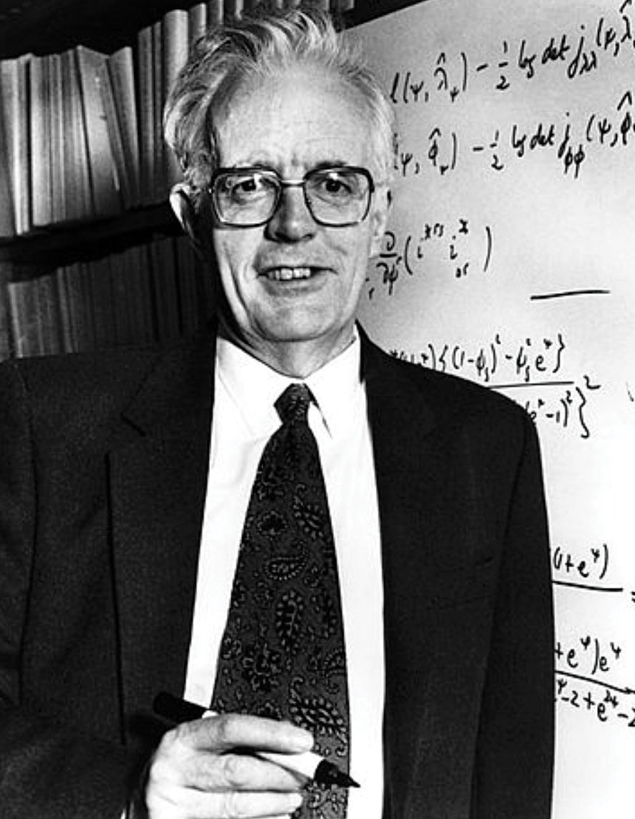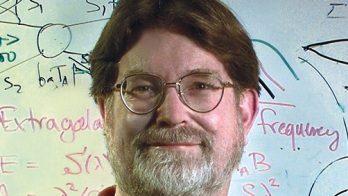
David Cox, a giant in the world of statistics, passed away earlier this year at the age of 97. As he had been a contributor to PHYSTAT workshops and was a supporter of its activities, a seminar held on 23 March was dedicated to his memory. Brad Efron (Stanford) referred to Cox as the world’s most famous statistician – an assessment confirmed by Cox being the first recipient of the International Prize in Statistics, roughly the equivalent of a Nobel Prize. The citation mentioned a lifelong series of contributions to statistics spanning many subjects. In particular, it emphasised his work on what is now called Cox’s proportional hazards model, which provides a very useful way to implement regression analysis of survival times (the times to an event of interest such as the death of a person or failure of a machine). His contribution is ranked 16th in Nature’s list of most-cited papers in any subject.
Heather Battey (Imperial College), who collaborated closely with Cox for the past five years, described how he was still very active until his very last days, and highlighted his helpful and charming personality.
Long-time collaborator Nancy Reid (Toronto) concurred, admiring his ability to see through extraneous detail and concentrate on the essence of the problem. She remembers going with him to watch Verdi’s Ernani, sung in Italian, in Budapest when they were both attending a statistics meeting there. So that Reid wouldn’t be completely lost, Cox kindly summarised the lengthy and convoluted plot by telling her “The tenor is in love with the soprano, and the baritone is trying to keep them apart.”
It was a special pleasure to have Cox available at our meetings, and he was always prepared to explain statistical issues in informal discussions with particle physicists. Bob Cousins (UCLA) recalled the talks Cox had given at PHYSTAT meetings in 2005, 2007 and 2011. He compared and contrasted frequentist statistics and the “five faces” of Bayesian statistics, repeatedly warning of the dangers of “treacherous” uniform prior probability densities used in attempts to represent ignorance. He alluded to a general key problem in frequentist statistics, that of ensuring that the long run used to calibrate coverage is relevant to the specific data sample being analysed. He also discussed in more technical detail issues of testing multiple hypotheses, including graphical methods. Cox and Reid further offered published thoughts on problems presented to them by LHC physicists. Cousins concluded that we would do well to read Cox’s contributions again.
PHYSTAT is pleased and honoured to have had the opportunity of paying its respect to a very eminent statistician and a wonderful person. His memory will long be with us.







